
Make it stand out
What’s been happening?
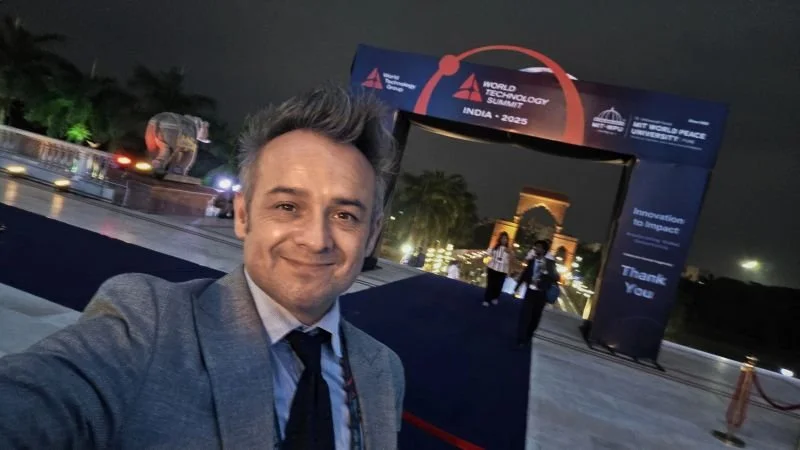
World Technology Summit
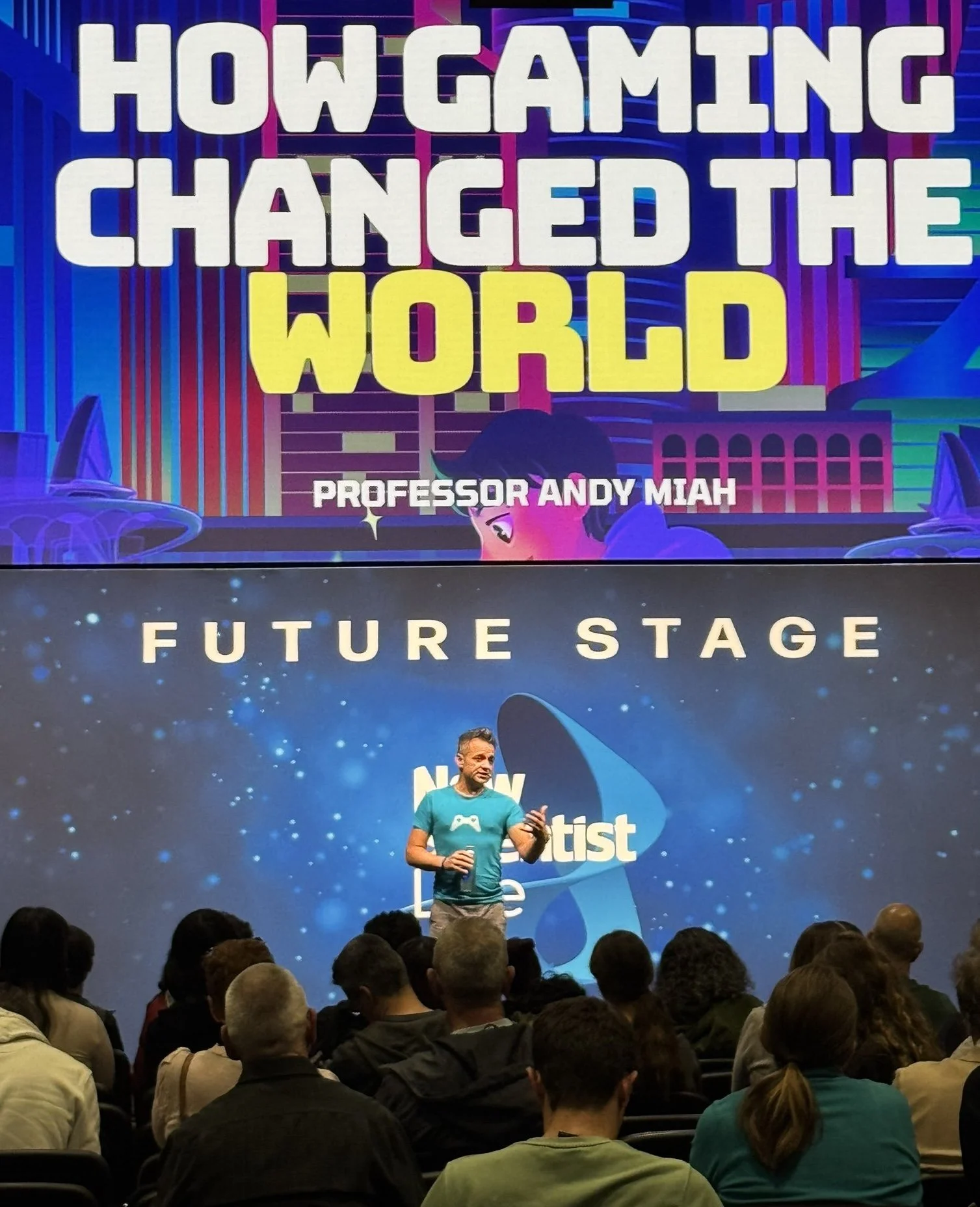
New Scientist Live

Bolton Film Festival Immersive
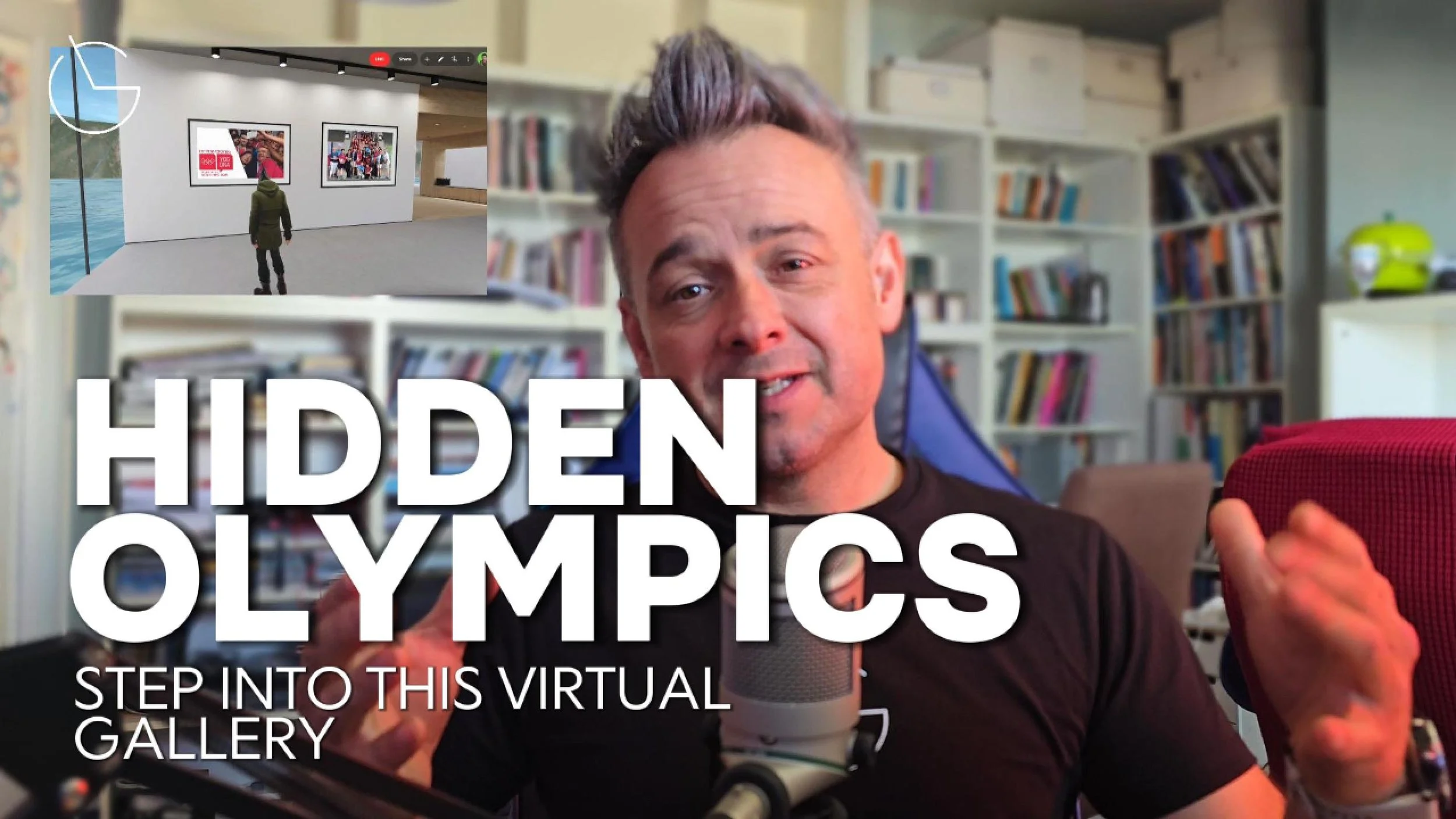
Hidden Olympics Virtual Gallery
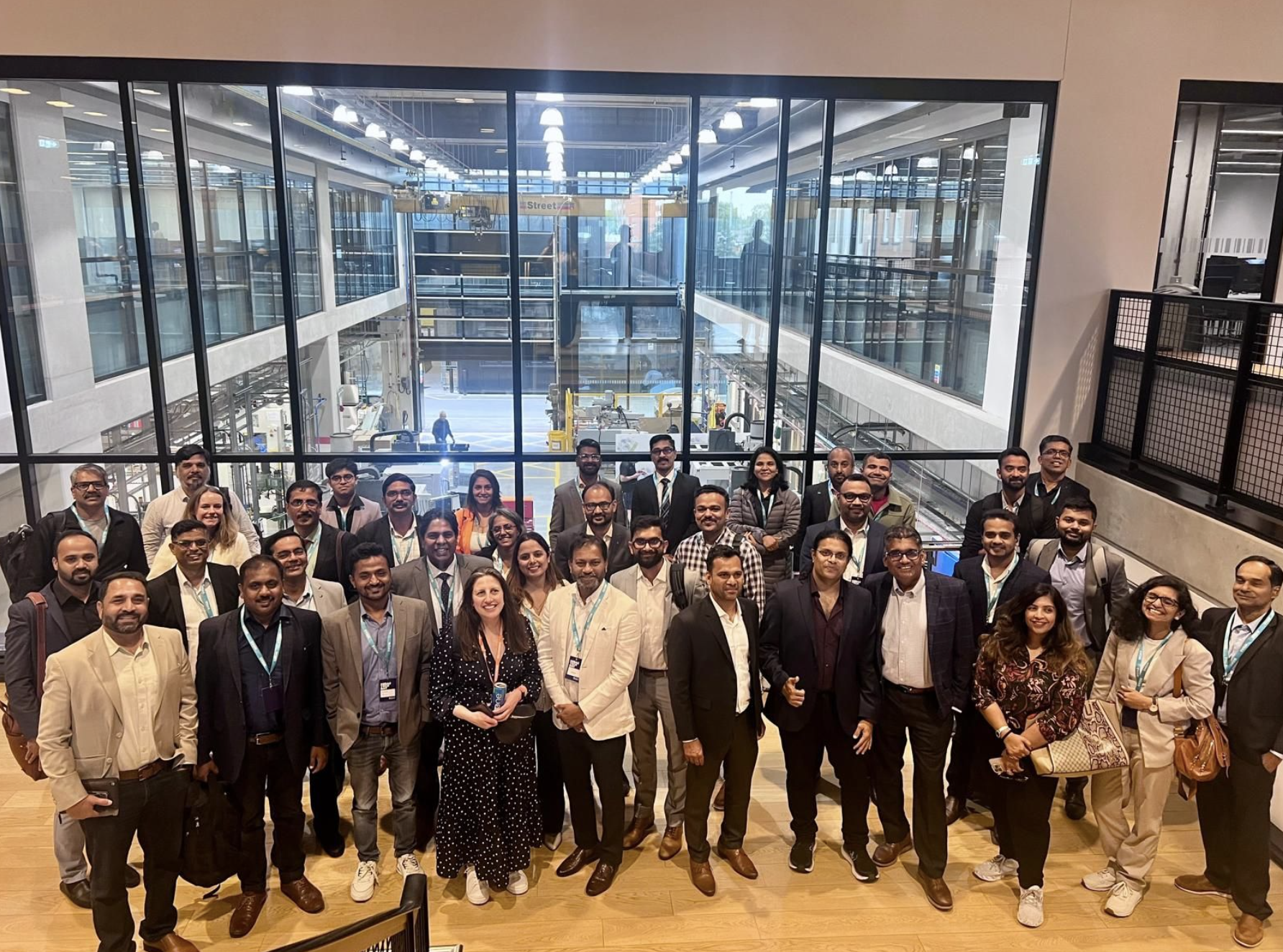
Manchester's Tech Community
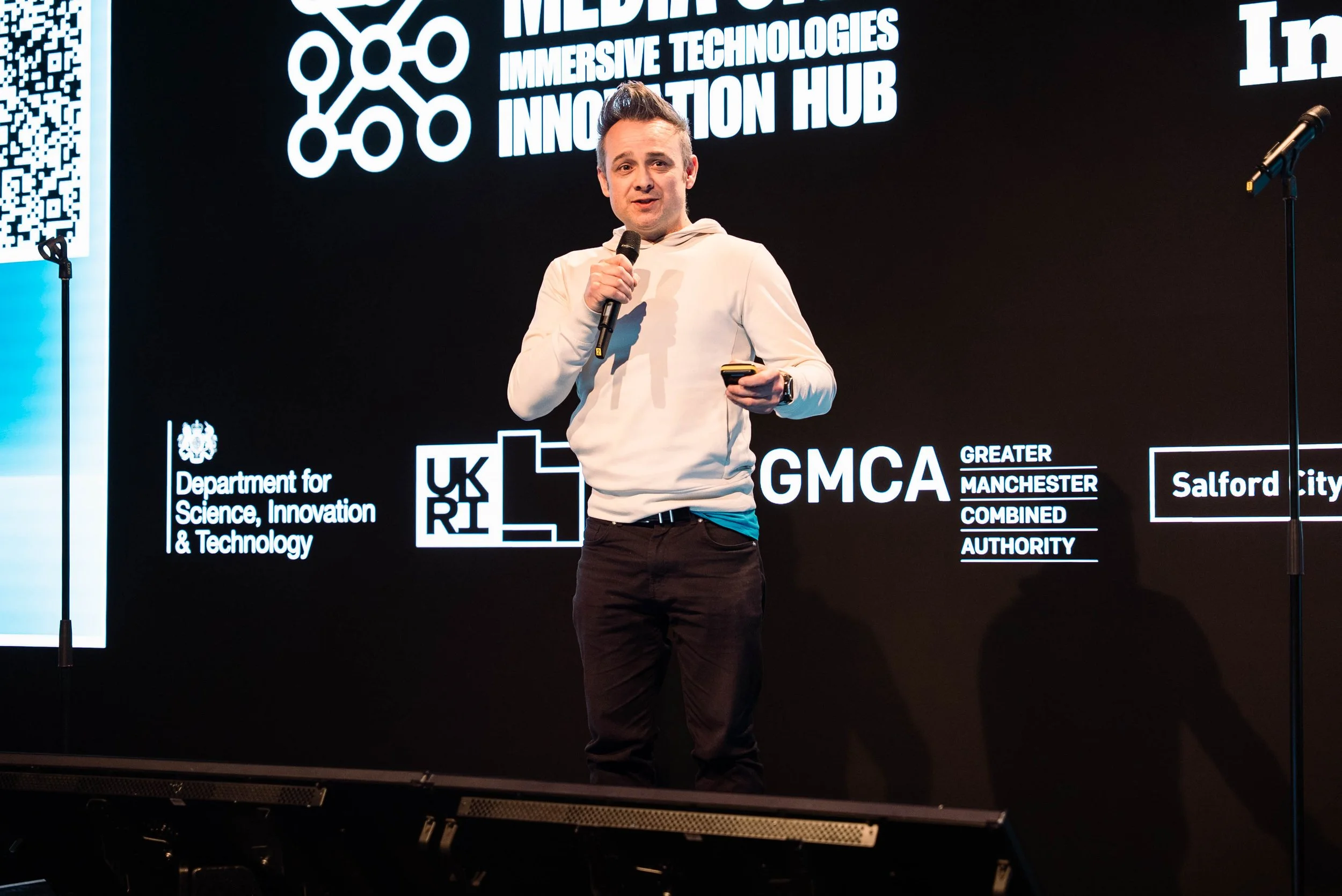
MITIH x CDI Showcase

Artificial Intelligence in the Workplace
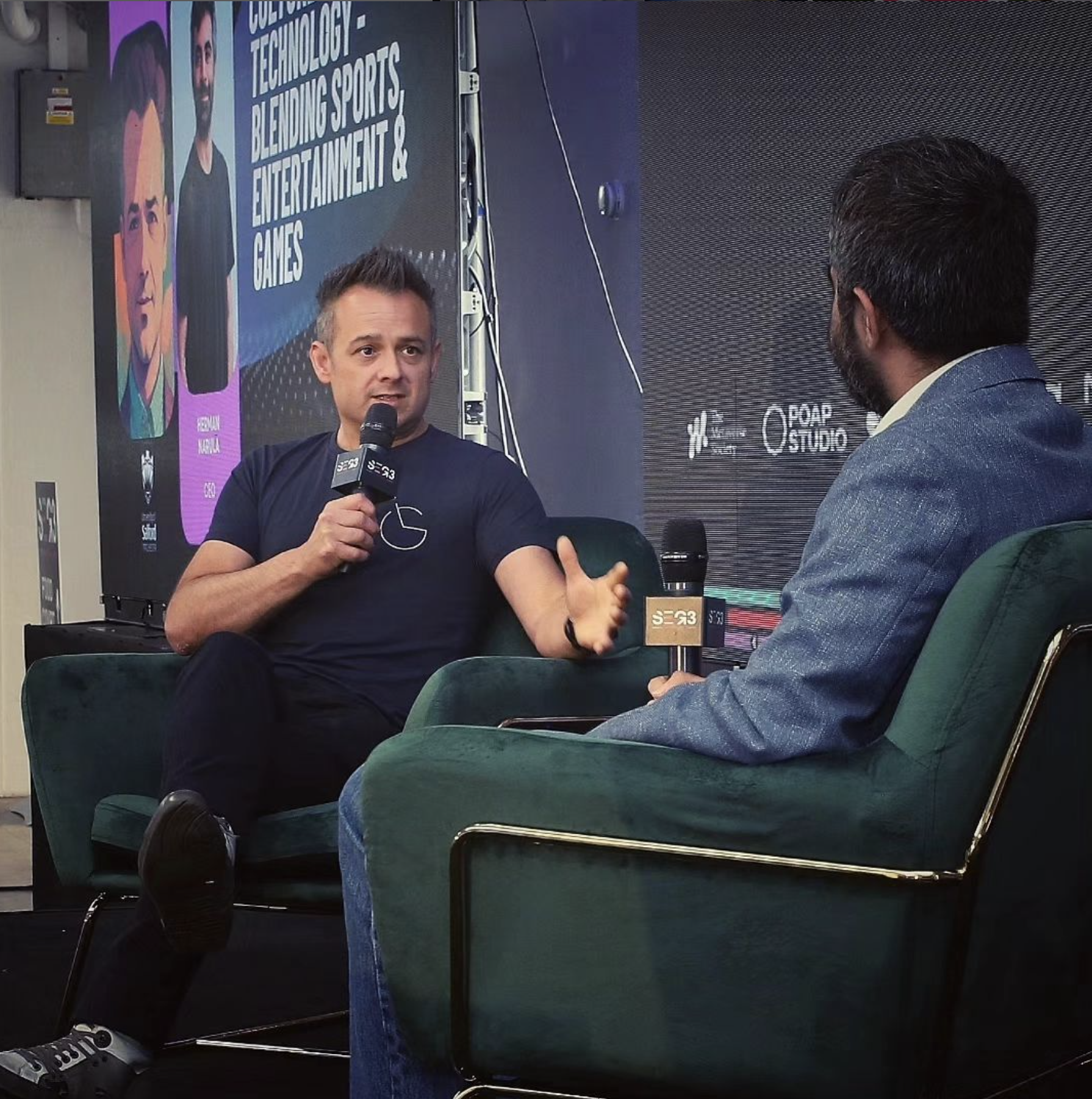
SEG3 Culture x Technology

Should schools ban mobile phones?
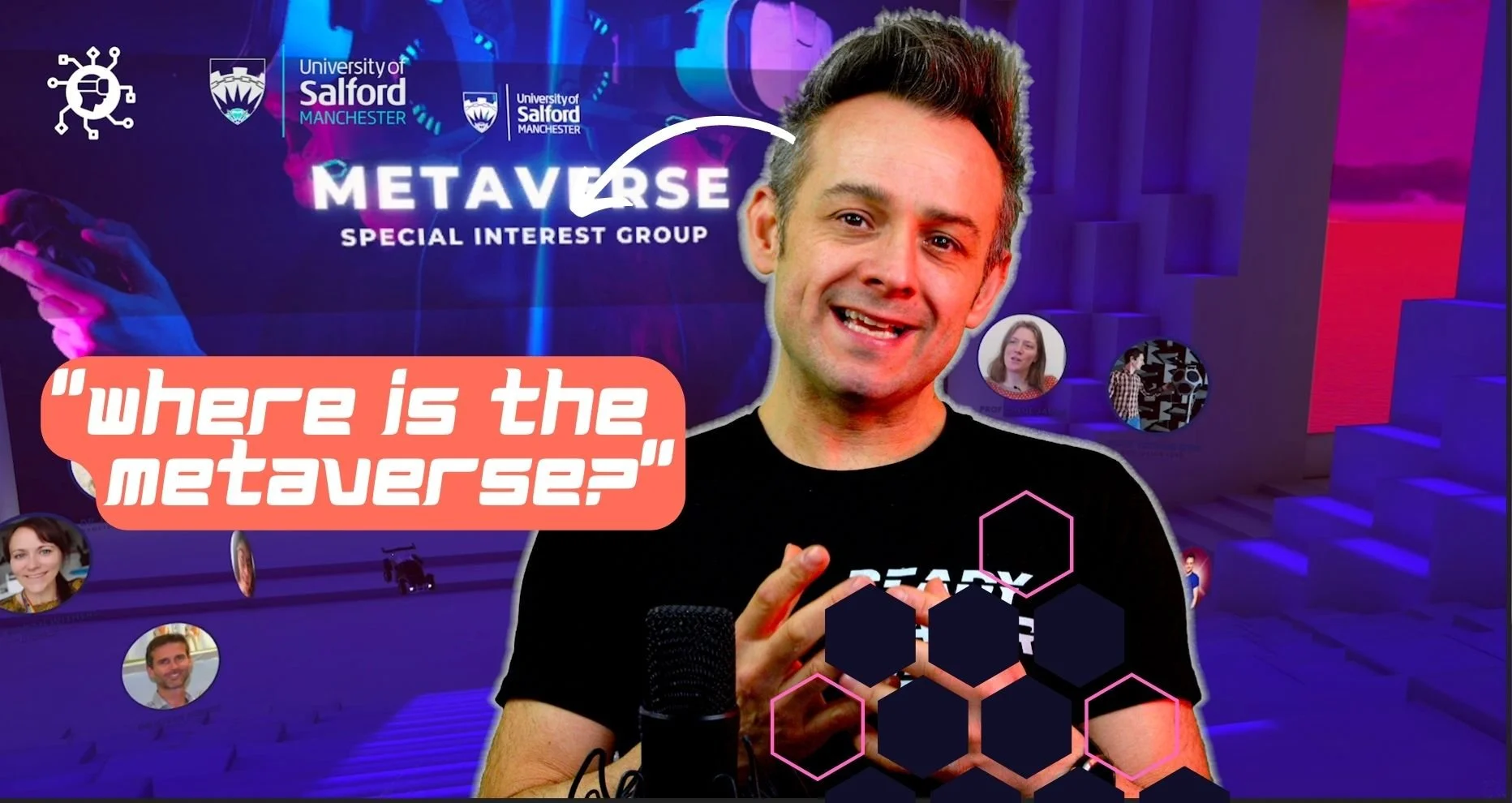
Where is the metaverse?
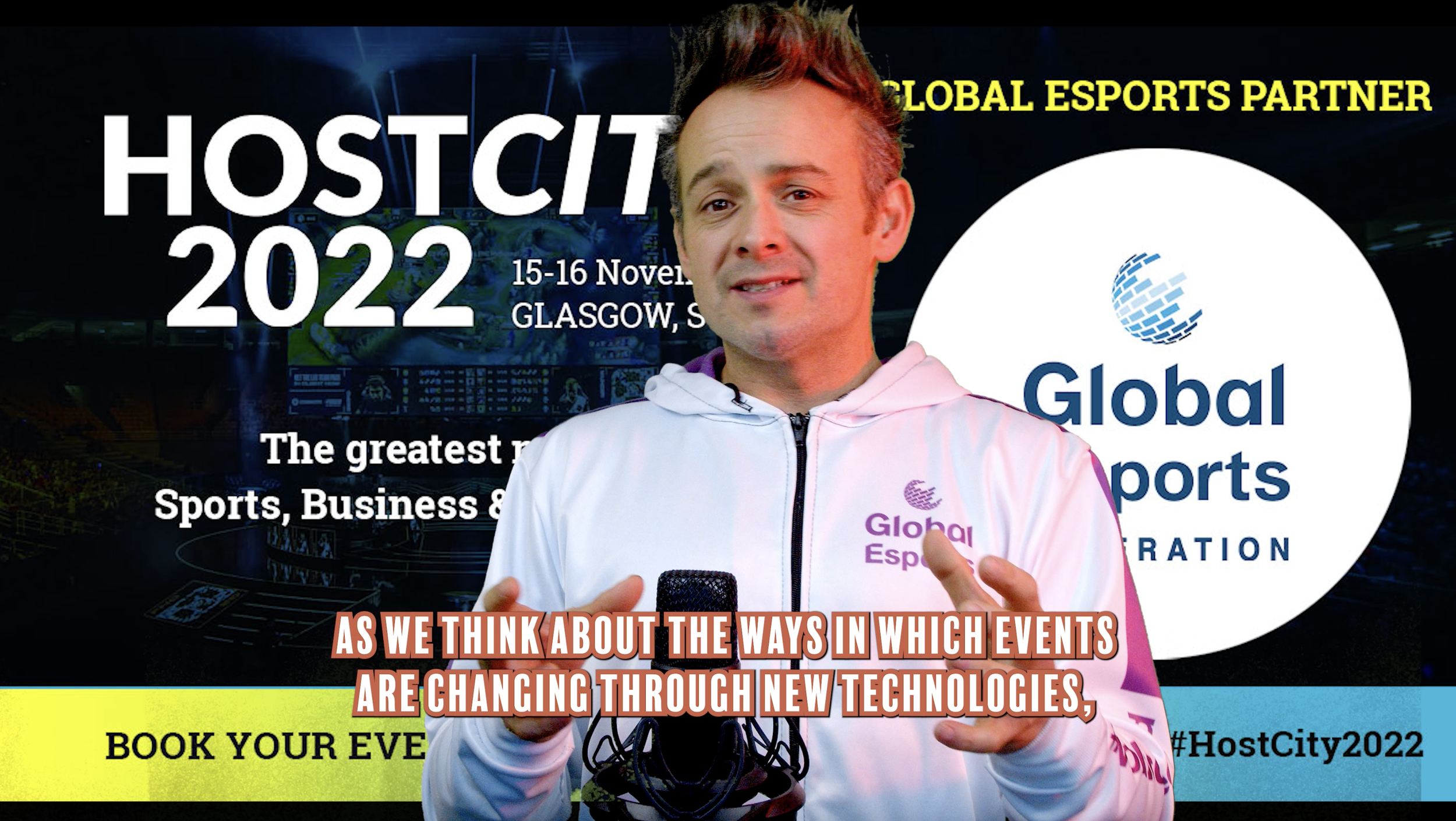
Host City 2022 Glasgow
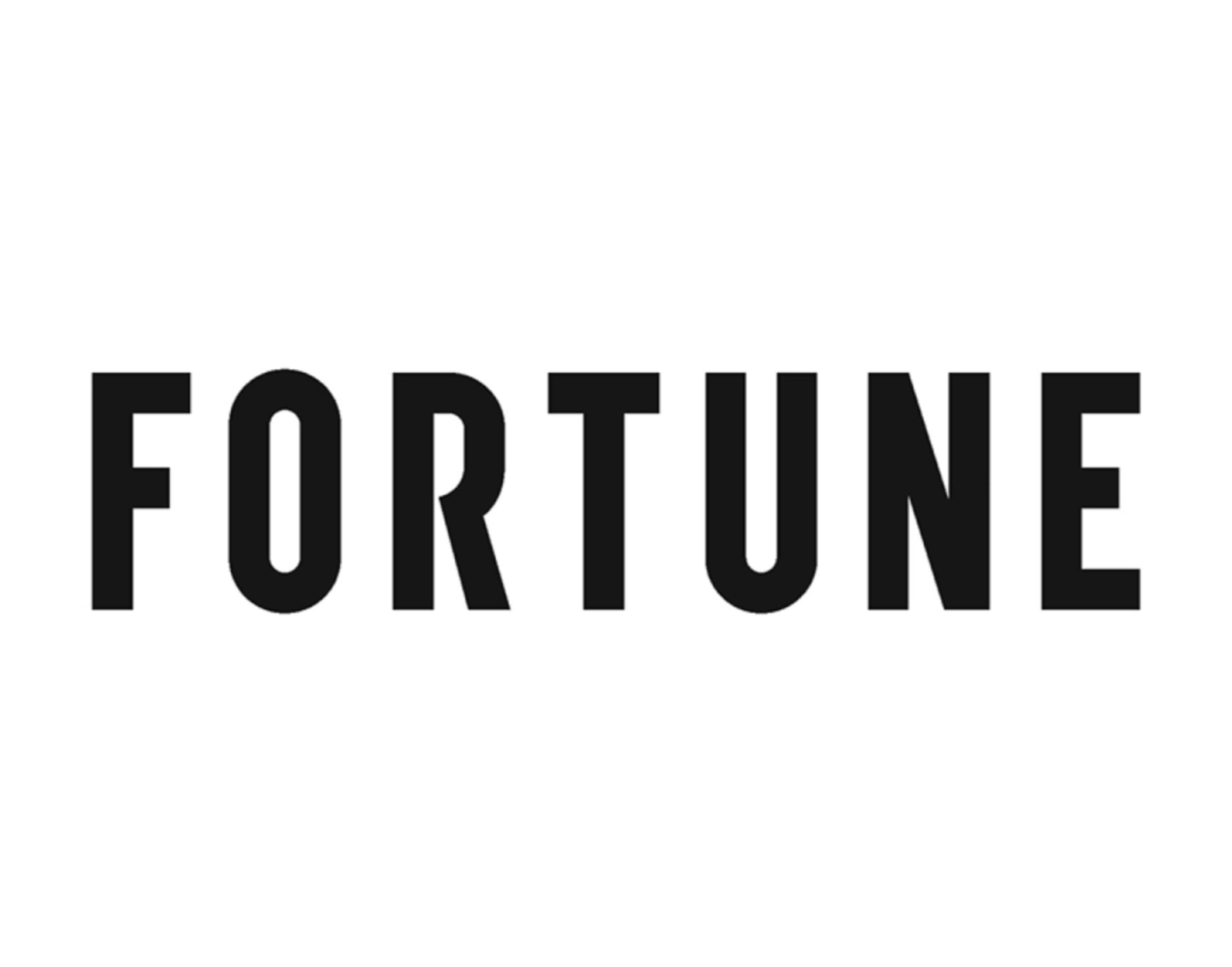
What Clubhouse tells us about the future of social media

The Hyperquantified Athlete
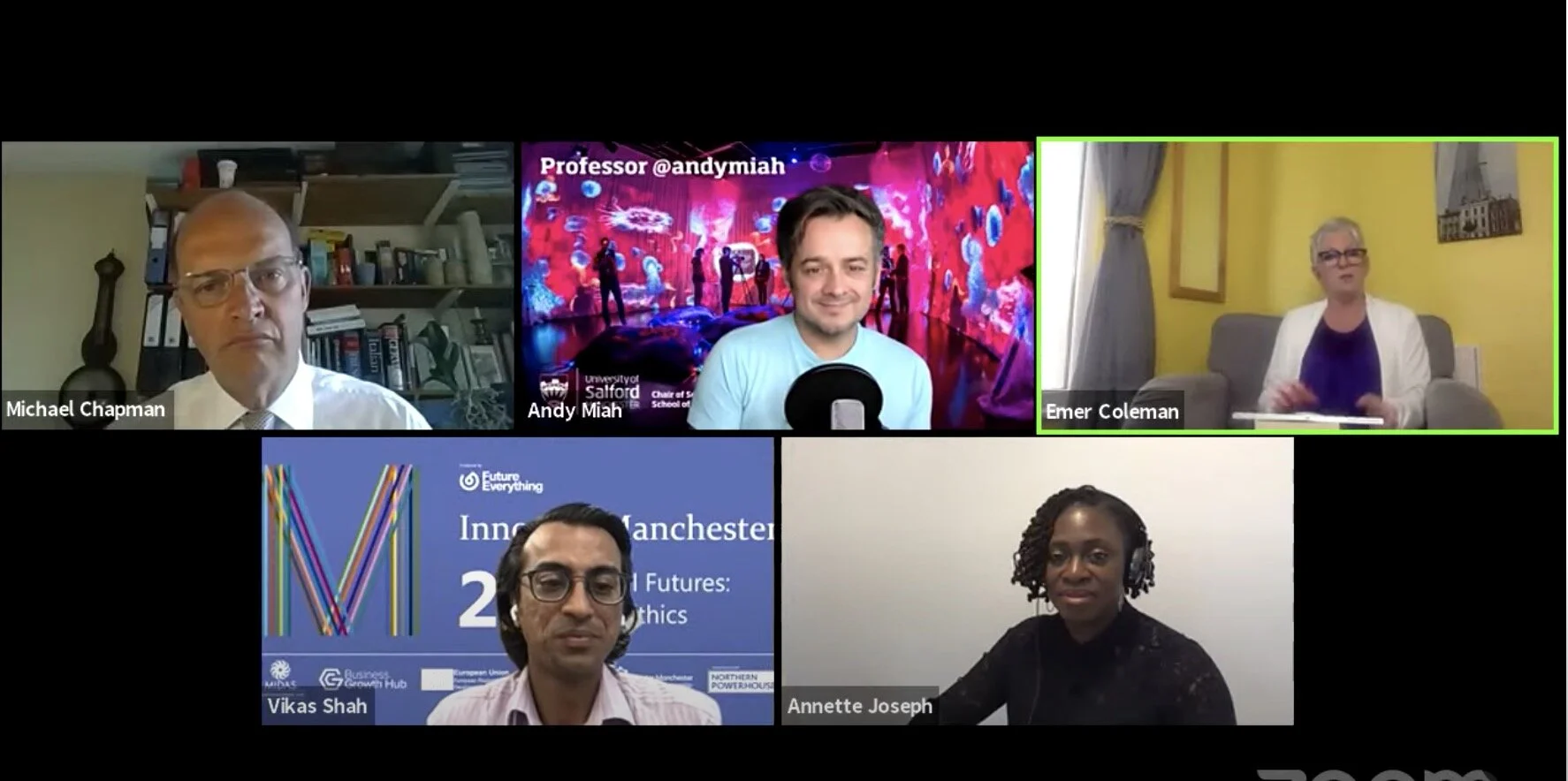
Our Digital Future: Thinking Through the Ethics
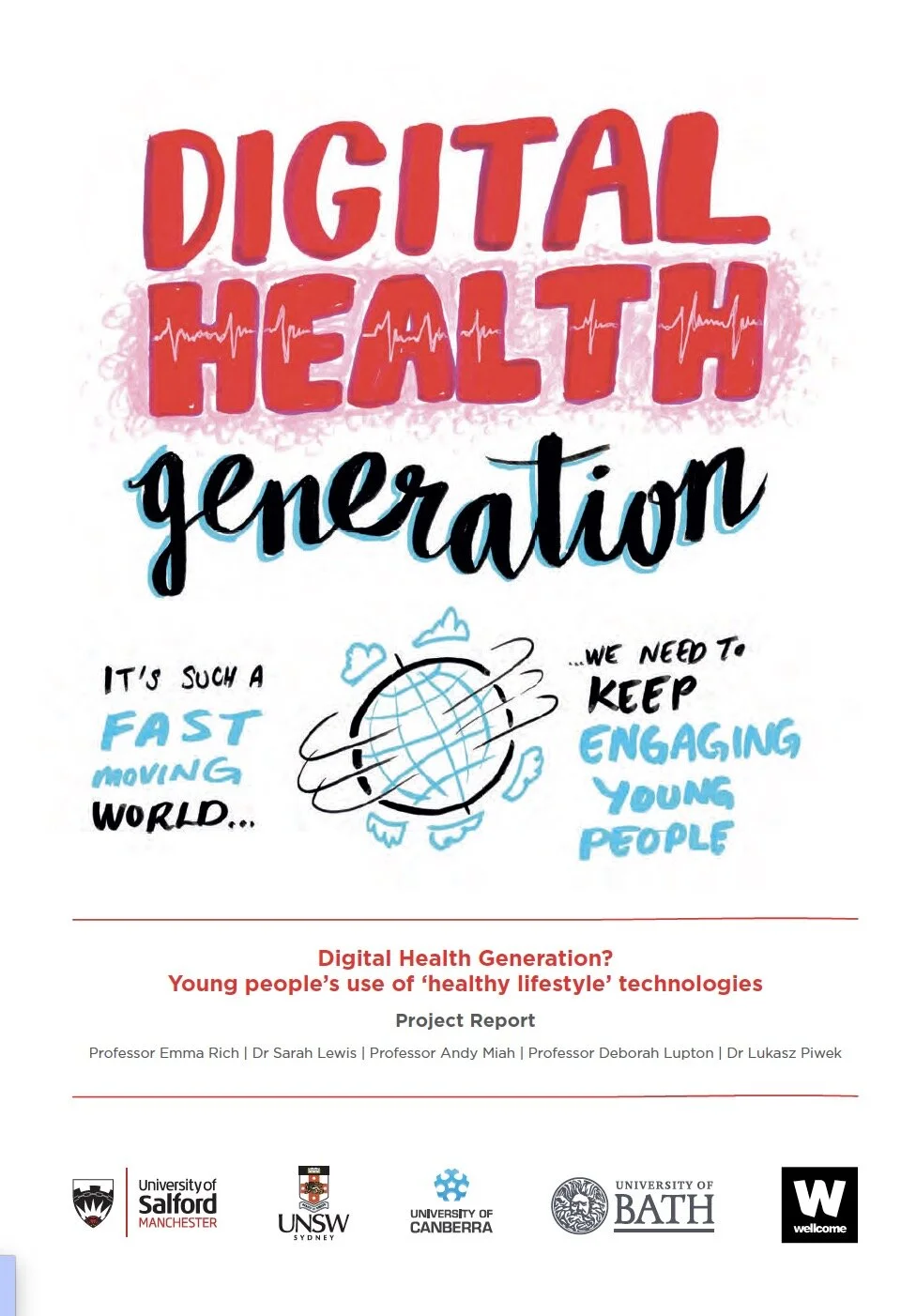
The Digital Health Generation

Digital homeschooling: we need to rethink our worries about children’s screen time
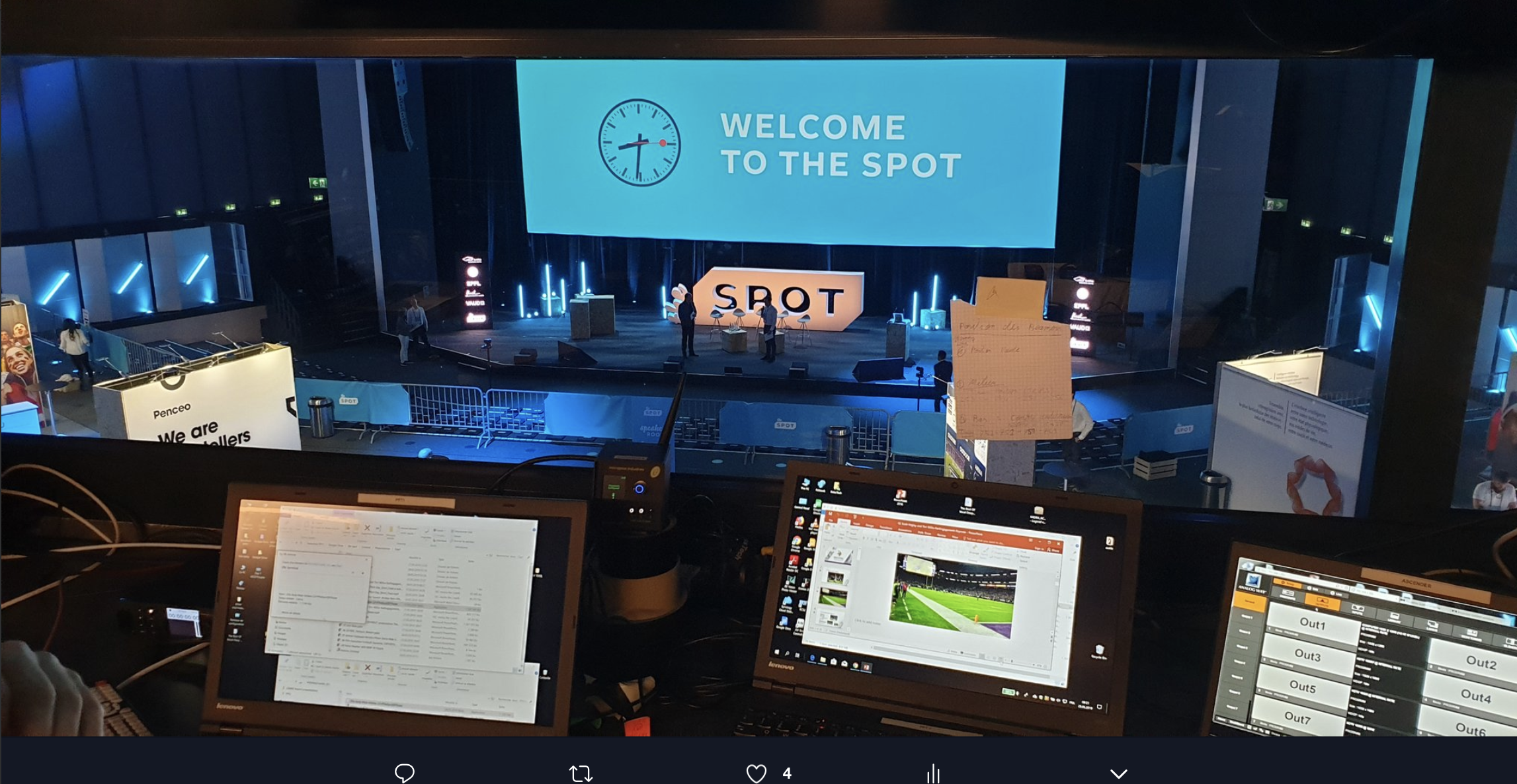
Athlete 2.0

Digital Health in the House of Commons
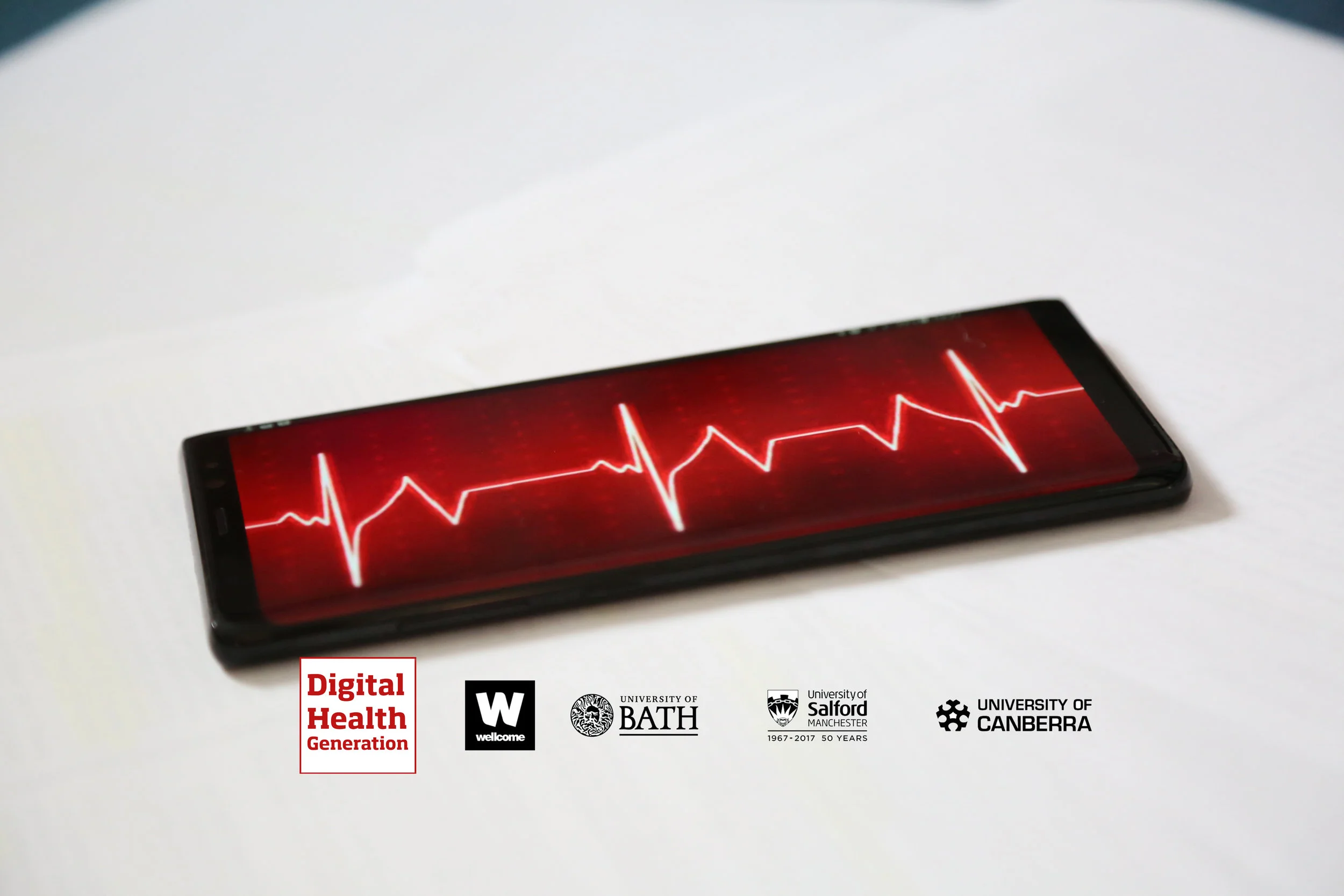
The Digital Health Generation

